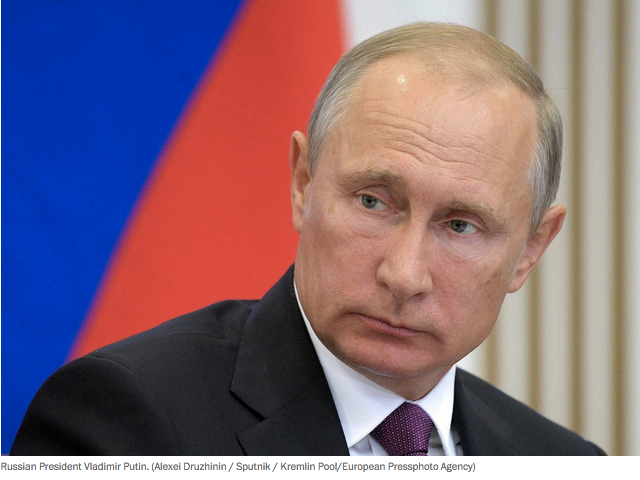When Vladimir Putin worked in Dresden, he watched helplessly as Soviet ally East Germany slipped out of Moscow’s orbit, united with West Germany, and joined the democratic side of Europe. Soviet-dominated multilateral institutions in Europe — the Warsaw Pact and the Council for Mutual Economic Assistance (Comecon), the Soviet command economy trade organization — also disappeared. Putin then witnessed the dissolution of the Soviet Union, an event that he later described as one of the greatest tragedies of the 20th century. Former Soviet allies and parts of the Soviet empire peeled away, also joined the democratic side of Europe and eventually became members of NATO and the European Union. For nearly three decades, the West was consolidating as the East was disintegrating. The momentum toward a Europe whole and free was so powerful that earlier Russian leaders even flirted with joining as well.
That trend has now reversed. The decision by a majority of British voters to exit the European Union was not the first event in this reversal but maybe the most dramatic. Europe is now weakening as Russia, its allies and its multilateral organizations are consolidating, even adding new members. Putin, of course, did not cause the Brexit vote, but he and his foreign policy objectives stand to gain enormously from it.
Most importantly, one of the European Union’s most principled critics of Russian aggression in Europe will no longer have a vote in Brussels. That’s good for Putin’s interests and bad for U.S. national interests. Boris Titov, Russia’s commissioner for entrepreneurs’ rights, who is hardly a militant nationalist by Russian standards, made the argument most clearly when he cheered on Facebook, “UK out!!! In my opinion, the most important long-term consequence of all this is that the exit will take Europe away from the Anglo-Saxons, that is, from the USA. This is not the independence of Britain from Europe, but the independence of Europe from the USA.” London also helped advance our common interests inside the E.U. on non-European security issues from Iran to Libya to as far away as the Pacific. That “Anglo-Saxon” perspective is now lost within this most important international organization.
The Intellectual Dishonesty of the Brexit Taliban Is Now In Full View
Brexit Turned Out To Be Harder Than hey Thought — So the Brexiteers Are Quitting
The Case For a Second Brexit Referendum
The Men Who Want to Push Britain Off a Cliff




